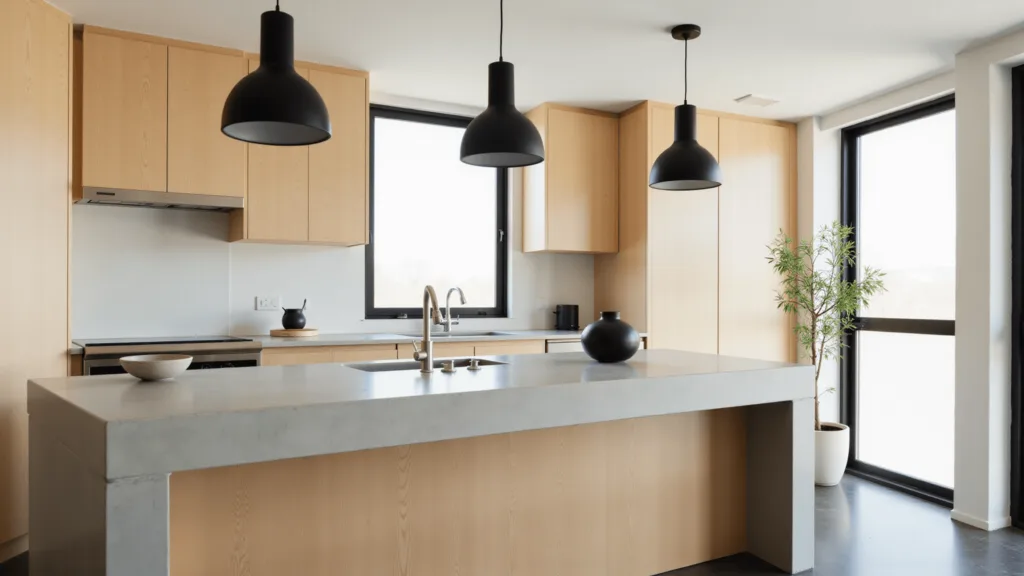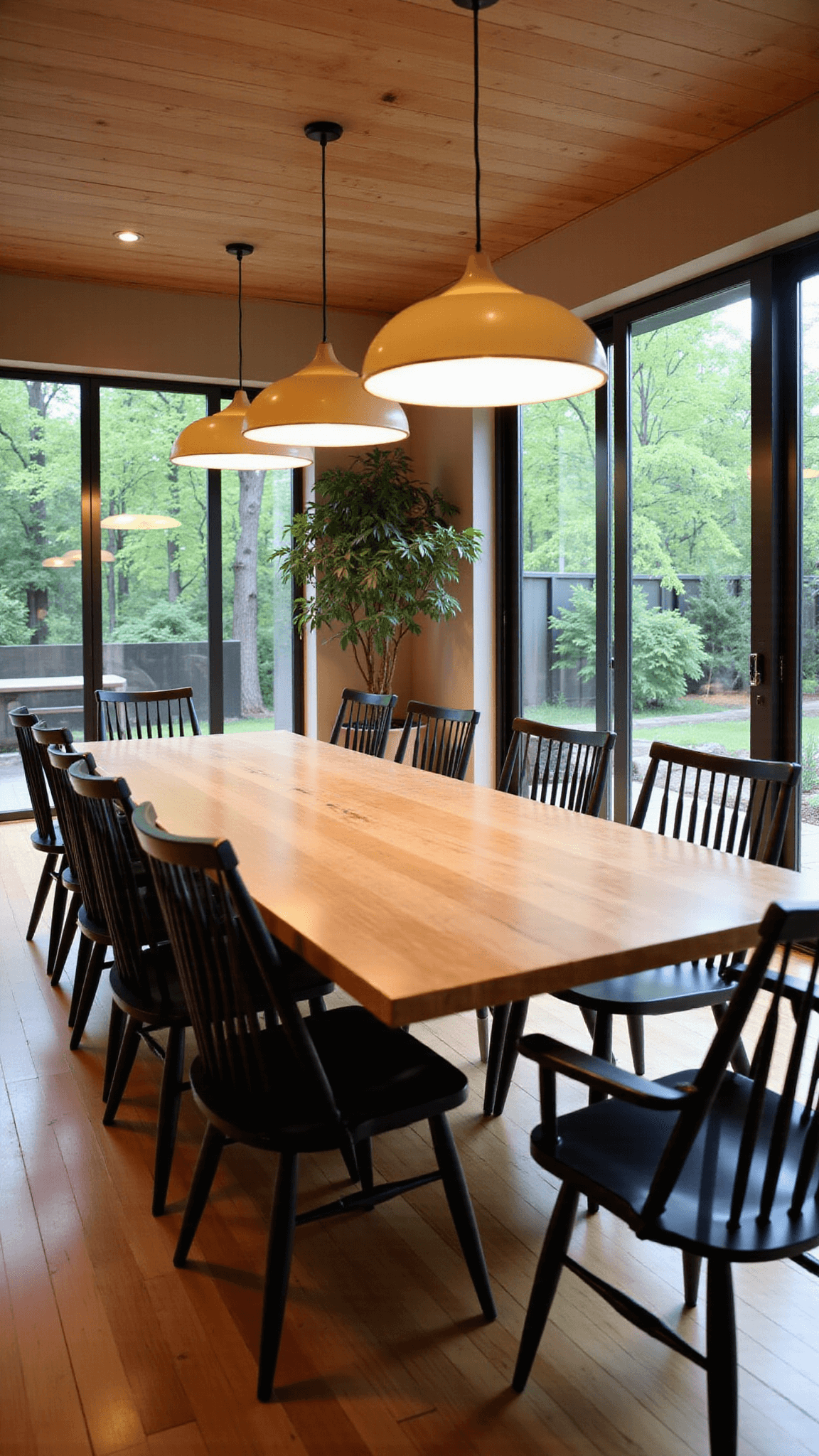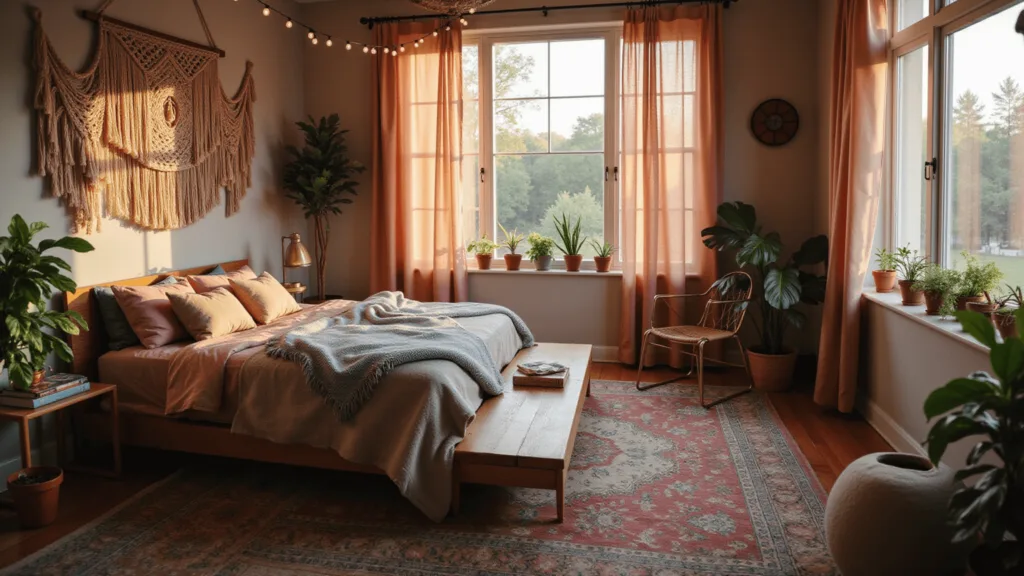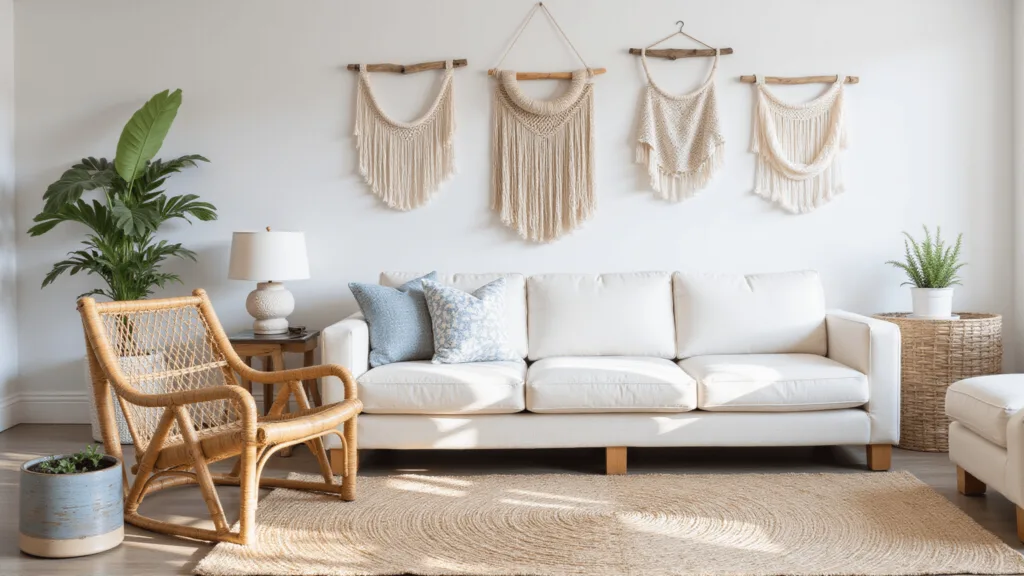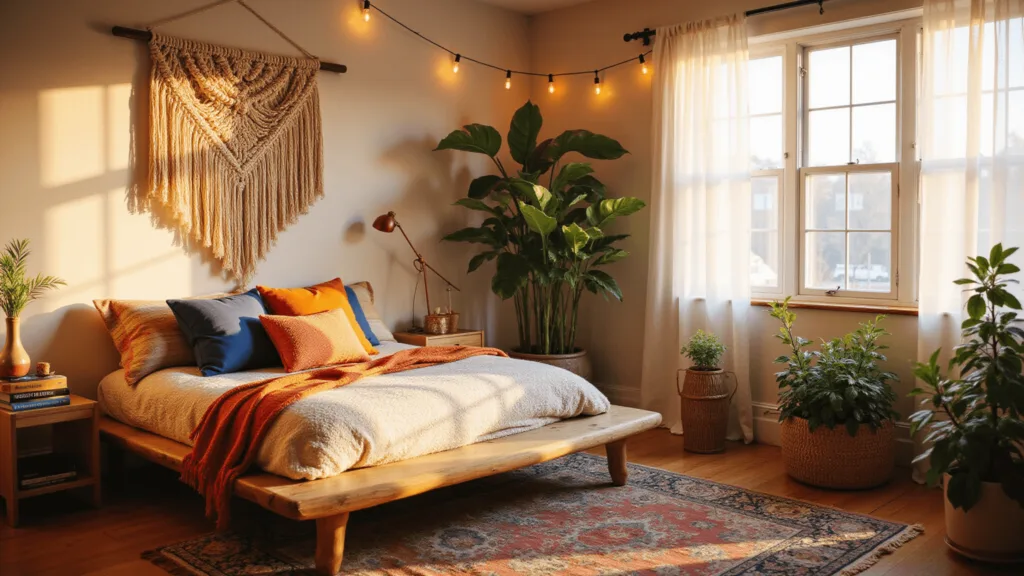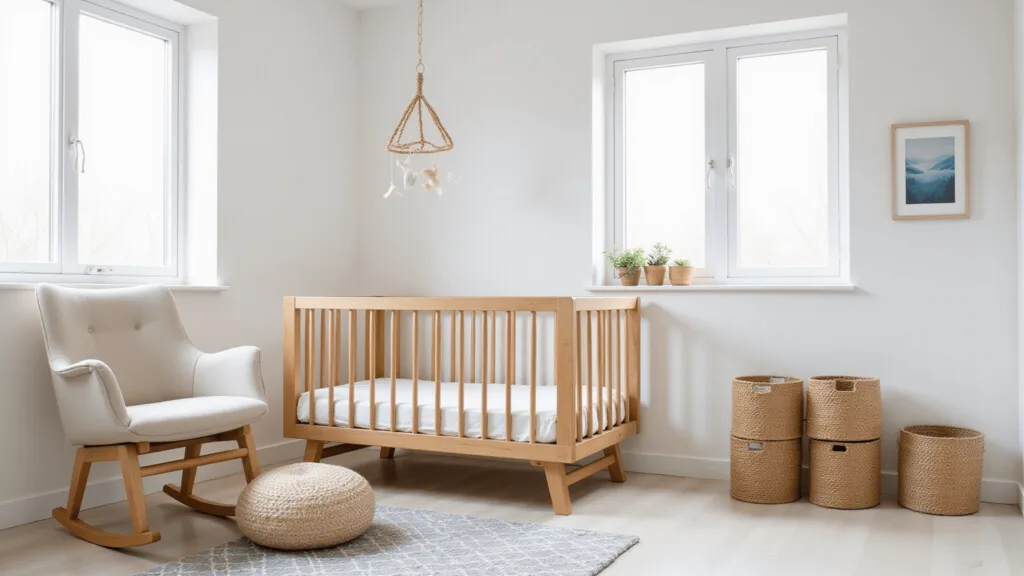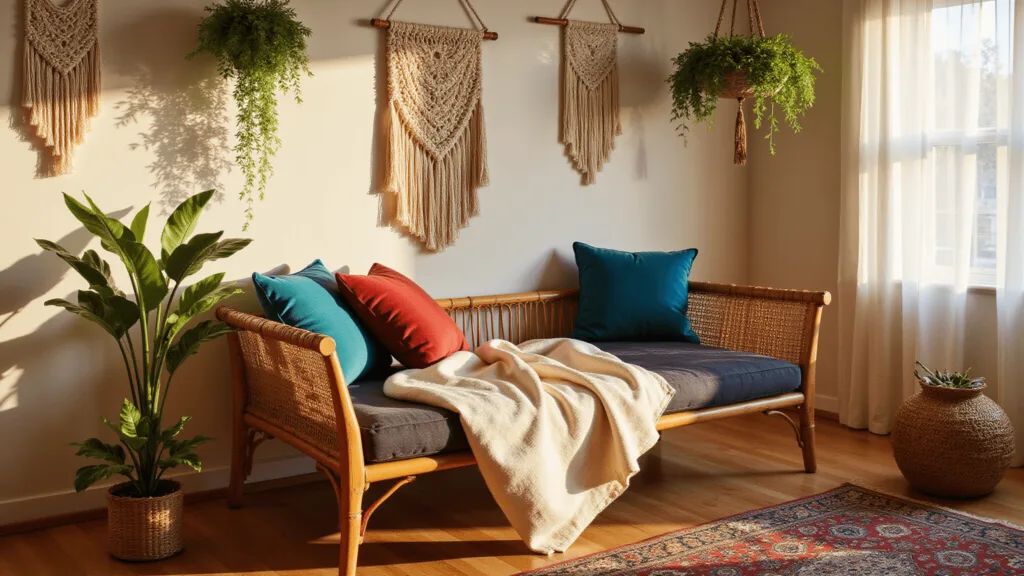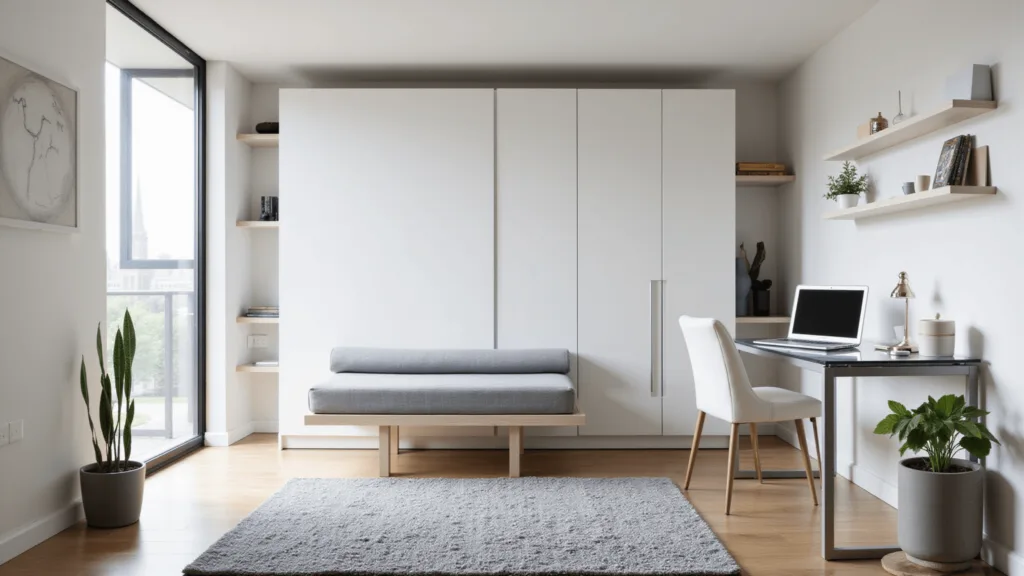Capturing the Essence of Japandi Kitchen Design: A Comprehensive Guide
Hey there, design enthusiasts! Ready to transform your kitchen into a stunning Japandi paradise? Let’s dive into the art of creating a space that’s both minimalist and warm, blending the best of Japanese and Scandinavian design philosophies.
What Exactly is Japandi Design?
Japandi is more than just a design trend – it’s a beautiful marriage of Japanese minimalism and Scandinavian coziness. Think clean lines, natural materials, and a color palette that whispers calm and sophistication.
Key Characteristics of Japandi Kitchen Design
Quick Snapshot:
- Color Palette: Neutral tones (white, beige, gray)
- Mood: Serene yet functional
- Core Philosophy: Less is more, but with purpose
Getting Started: Essential Tools and Preparation
Photography Essentials
- Camera: High-resolution (smartphone or professional camera works)
- Lighting: Natural light is your best friend
- Props: Minimalist, natural materials
Pro Tip: The magic is in the details – but not too many details!
Styling Your Japandi Kitchen
Focal Points to Consider:
- Wooden kitchen island
- Minimalist light fixtures
- Natural stone elements
- Simple ceramic pieces
The Perfect Setup: Step-by-Step Guide
- Clear the Clutter
- Remove unnecessary items
- Keep surfaces clean and purposeful
- Let each piece breathe
- Create Texture Layers
- Mix smooth wood surfaces
- Incorporate stone elements
- Add subtle textile touches
- Color Coordination Magic
- Stick to neutral tones
- Introduce subtle earthy accents
- Avoid overwhelming color combinations
Photography Techniques That Make Your Space Shine
Lighting is Everything
- Shoot during natural daylight
- Use soft, even lighting
- Avoid harsh shadows
Composition Secrets
- Embrace negative space
- Focus on symmetry
- Highlight clean lines
Camera Settings Cheat Sheet:
- ISO: Keep it low (100-400)
- Aperture: Mid-range (f/5.6 – f/8)
- Shutter Speed: Adjust for lighting conditions
Editing: The Subtle Art of Refinement
Editing Guidelines:
- Maintain natural color palette
- Subtle adjustments only
- Preserve the authentic feel
Common Mistakes to Avoid
❌ Don’t:
- Overcrowd the space
- Use too many colors
- Ignore natural light
- Over-edit your images
✅ Do:
- Embrace minimalism
- Focus on functionality
- Let natural materials speak
- Keep it simple and intentional
Seasonal Adaptations
Japandi is timeless, but you can subtly incorporate seasonal touches:
- Autumn: Add a wooden bowl with pinecones
- Spring: Introduce a small potted plant
- Winter: Layer with natural wool textures
Budget Considerations
Japandi Design Cost Breakdown:
- Low-end: $500 – $1,500
- Mid-range: $1,500 – $5,000
- High-end: $5,000 – $15,000
Final Thoughts
Japandi is more than a design style – it’s a lifestyle. It’s about creating spaces that breathe, that tell a story of simplicity and intentionality.
Remember: In Japandi design, every piece has a purpose, every space has meaning.
Ready to transform your kitchen? Start small, think minimal, and let the beauty of simplicity guide you!

